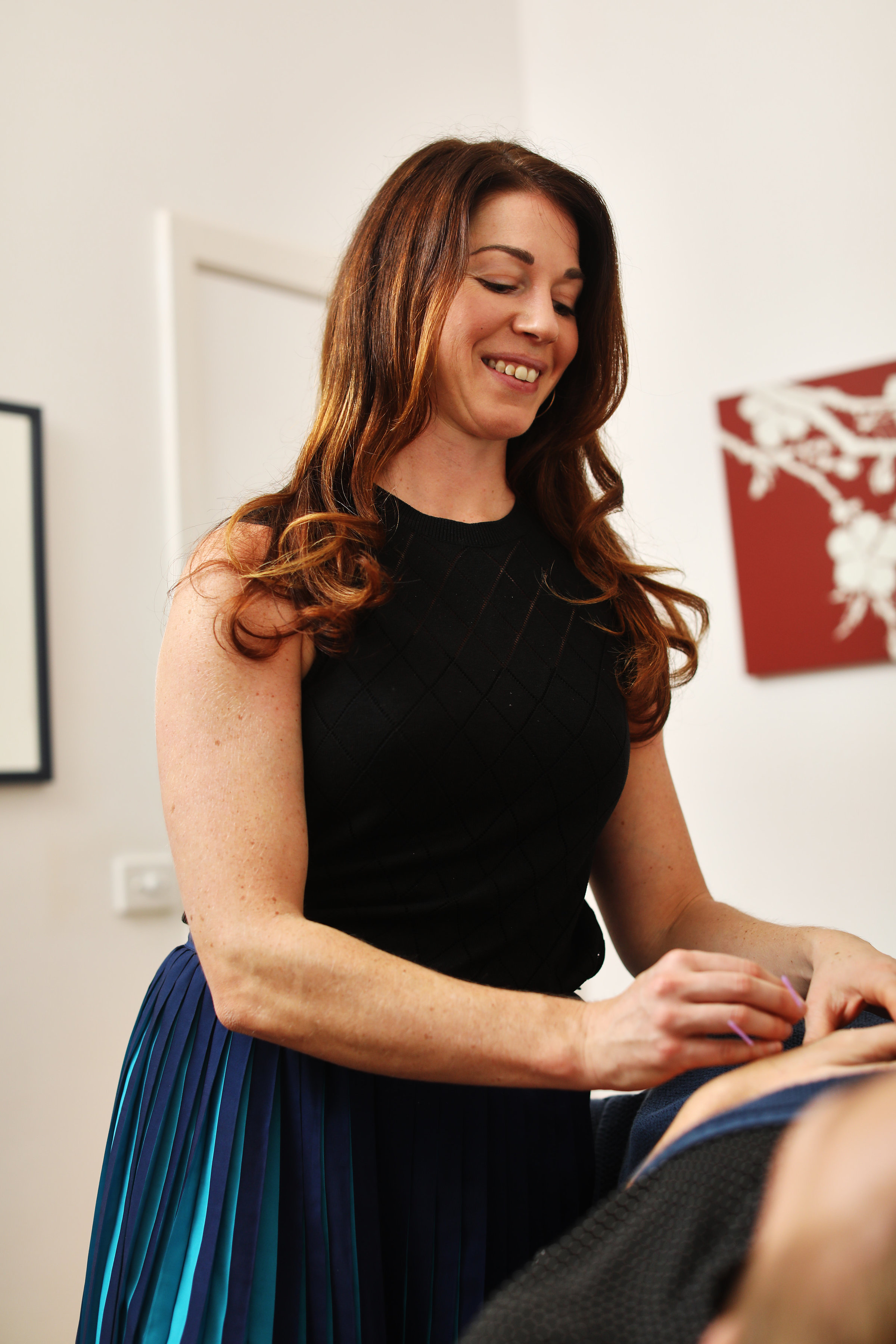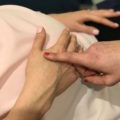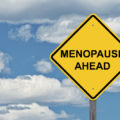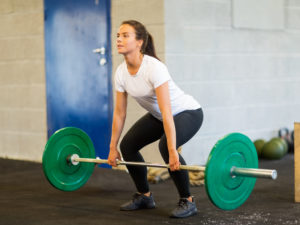
For ladies who like to exercise in a more vigorous (yang) style, it may be important to tailor your exercise program with your menstrual cycle to improve your health.
Below is an outline of what is happening to your body during your cycle, and how to exercise to help avoid injury and maintain good health.
FOLLICULAR PHASE
The follicular phase of your cycle is from day 1 of bleeding until ovulation. During this phase, you can follow some of these guidelines to help:
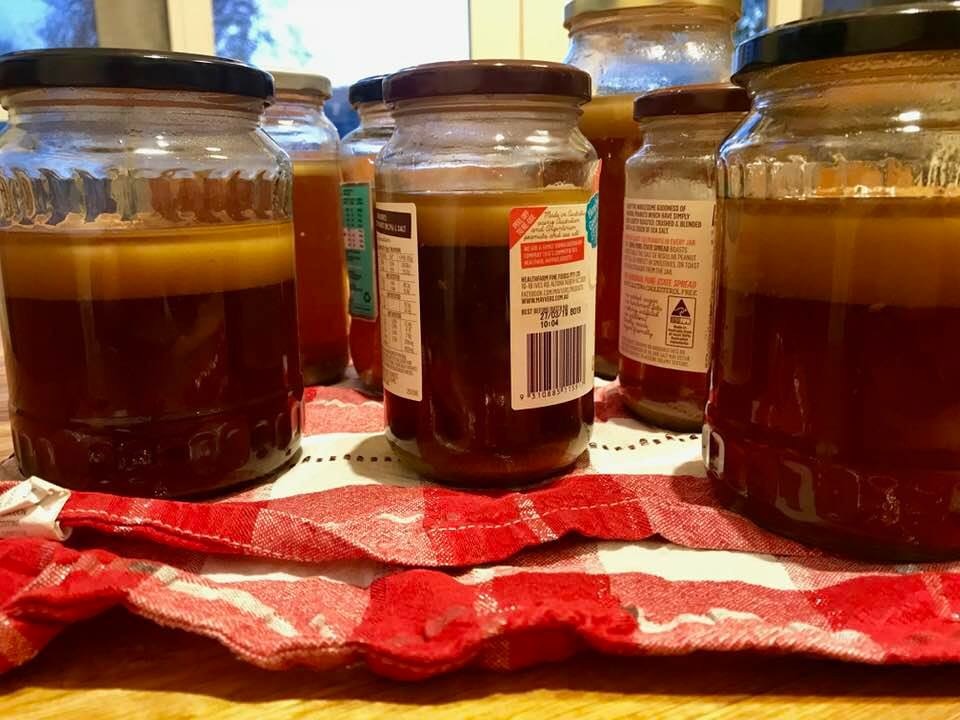
- When you are bleeding, keep in mind that your body is losing blood and nutrients, so you may need to rest. Supplementing with bone broth is a great idea. Rest days will improve your overall training. But if you do feel strong, go for it and train hard. Listen to your body, everyone is different, every menstrual cycle is different.
- Based on a 28 day cycle (a normal cycle can range from 21-35 days), ovulation occurs on day 14. Some women find that injuries are more likely to occur in the days leading up to ovulation. Be mindful when training close to ovulation. Perhaps start to track your aches and pains in your period diary to see if they are occurring just prior. Let your health practitioner know of anything you note.
- During the follicular phase, if you do weight training, this is the time to make gains in your strength and muscle mass. With high oestrogen (which is more yin in nature), you will find yourself in a positive mood, with more energy and strength. With this in mind, it can also be an ideal time to go on a holiday with your partner/friends.
- With higher oestrogen levels during the follicular phase your body is nourished and helps the body to recover from a greater training load, unlike the 2nd phase of your cycle, the luteal phase.
- Towards the end of the follicular phase, all hormones are high, including testosterone, another reason why it’s a great time for strength and endurance training.
LUTEAL PHASE
The luteal phase is the second half of your cycle, from ovulation until the next period. This is generally always 2 weeks, so if you cycle is shorter or longer, the difference will be in the 1st phase, the follicular phase.
- As progesterone (which is more yang in nature) rises, so does your body temperature which is why you might notice night sweats and some irritability.
- You’ll notice during the luteal phase due to the hormone changes you may not have as much energy or strength as you did in the follicular phase. In reality, your body has released an egg, so it is a little preoccupied with the potential possibility that there is a life growing inside you (fair enough!).
- Rest days are encouraged, or it’s important to change your training to more yin style i.e some yoga, tai chi or a gentle walk.
- Premenstrual symptoms (PMS) may start to kick in which can be more draining. It is important to remember that PMS is common, but it is not normal. Bloating, cramping and lower back pain are all common PMS symptoms. Which can impact your ability to use your body and in particular your core, which may cause injury.
As always, you should listen to your body. Try to move, rest, sleep well and stress less. Be mindful of the phases of your cycle.
Written by Jane Ferguson
Practitioner of Chinese Medicine

